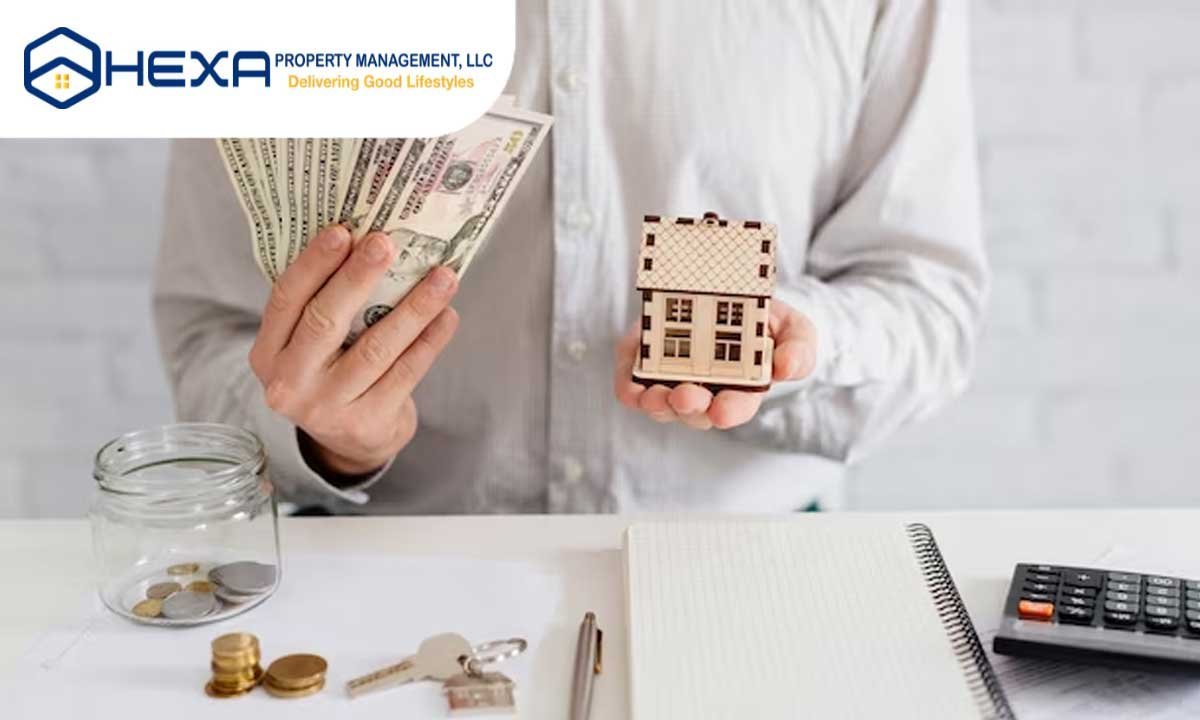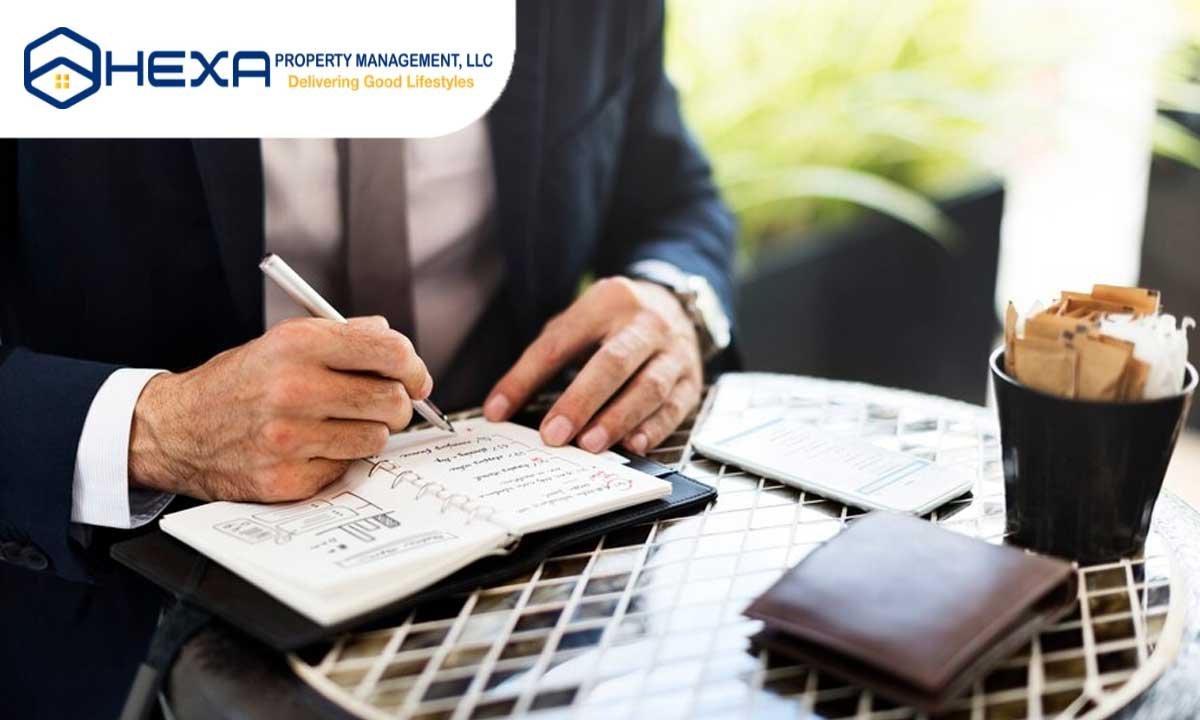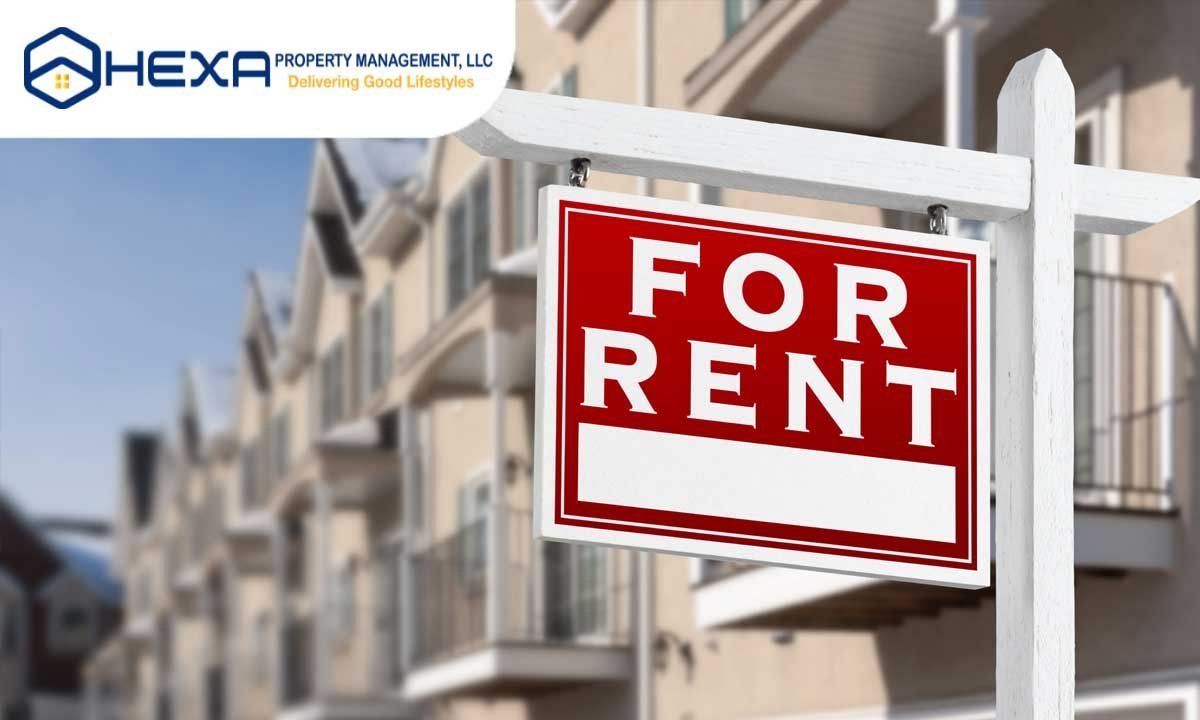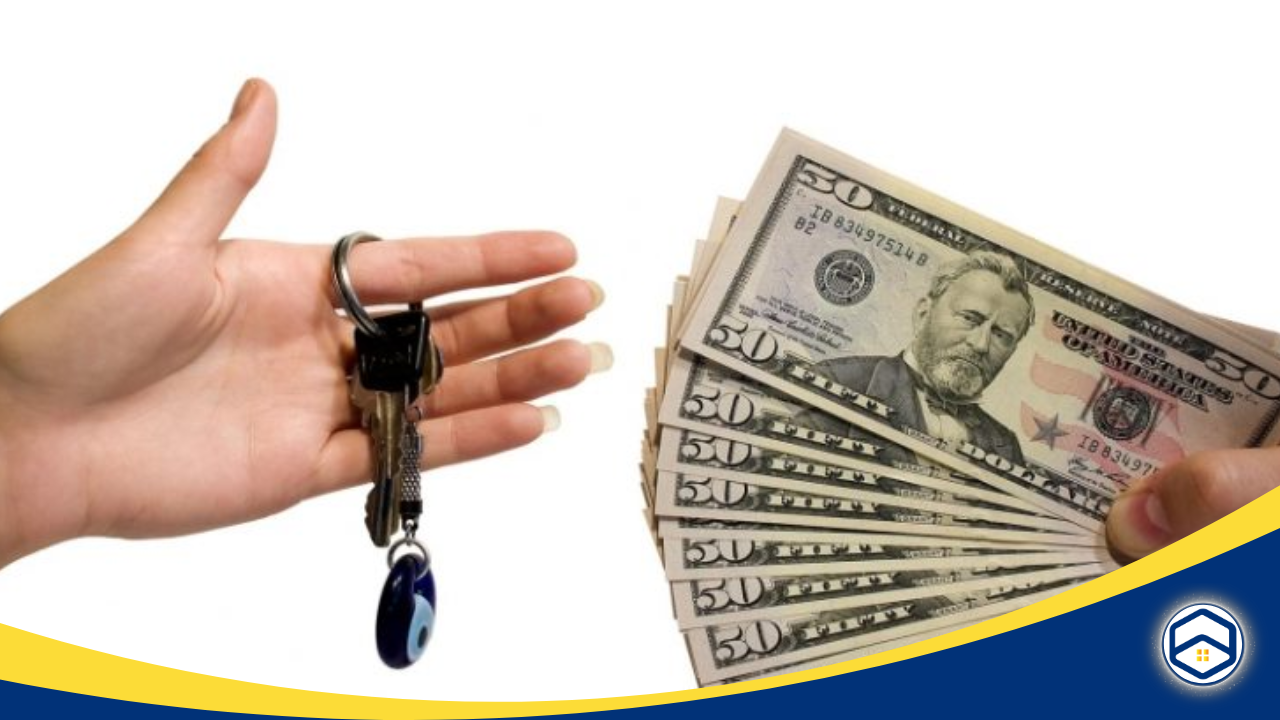Investing in apartments for rent might seem promising, but it needs careful handling to succeed. Making sure your rental income covers expenses like upkeep, taxes, and emergency funds is key. If you’re making extra cash after these expenses, you can use it to buy more properties or invest in other things like stocks. Understanding these financial details helps you decide if investing in apartments fits your long-term money plans.
Is it worth investing in apartment rentals?
Investing in apartment rentals can be a good way to make money over time, but it’s important to do it right. You’ve got to make sure that the money you get from rent is more than what you spend on things like maintenance, taxes, and putting some aside for emergencies. If you’ve got extra cash coming in from your rental property after covering all these costs, it can be used to buy more properties or even invest in different things like stocks or businesses. Taking a close look at these financial details helps you decide if putting your money into apartment rentals fits with your plans for growing your money in the long run.

Risks and rewards of investing in apartment rentals?
Owning rental apartments comes with money stuff you should know about, like the risks and the good parts. Here are a couple of reasons why they’re a good investment and some things to watch out for.
| Risks | Rewards |
| Handle problems with difficult tenants. | Make money from renting and when the property value goes up. |
| Watch out for the neighborhood getting worse because of outside reasons. | Get benefits from tax breaks for things like insurance, mortgage interest, and repairs. |
| Take care of regular repairs and maintenance costs. | Protect yourself from prices going up with the property becoming more valuable. |
| Keep talking with tenants and managing the property. | Grow what you own by using the rent to pay just part of the mortgage. |
| Find ways to deal with having too many empty units that affect how much money you make from rent. | Have costs and money you make that stay steady, making it easier to plan your budget. |
Investing in rental properties for beginners – A step-by-step guide
Step 1: Make a financial plan
Before diving into the world of rental property investment, the first crucial step is arranging suitable financing. Unlike primary residence mortgages, this process entails a distinct set of considerations. Expect to make down payments ranging from 20% to 25% of the property’s purchase price, while a credit score of 720 or higher is preferred for favorable loan terms, although lower scores might still be accepted. Gathering essential documentation – tax returns, bank statements, and proof of income – is a prerequisite. Some lenders may even require holding up to 6 months of mortgage payments in a reserve account.

Options for financing span from conventional lenders to private lending and joint ventures, each with its pros and cons. Exploring these options thoroughly, understanding their terms, and being well-prepared with documentation is key to securing financing for your rental property investment.
Step 2: Get to know the metrics of rental properties
One of the most important numbers to know is Return on Investment (ROI), which shows how profitable a property can be. To figure out ROI, start by estimating how much money you’ll make from rent each year, including any extra income. Then, think about all the costs you’ll have—things like repairs, property management fees, insurance, and taxes.

Subtract these expenses and the interest (not the main loan amount) from the income to find the annual cash flow. Also, consider what you’ve put in upfront, like the down payment and any initial fixes. To calculate ROI, divide the annual cash flow by the total cash you’ve put in. Remember to include how much the property might increase in value over time. Understanding these numbers helps you make smart decisions about whether a property is worth investing in for the long run.
Let’s consider a rental property bought for $300,000, generating an annual rental income of $28,000.
Operating expenses, including repairs, property management fees, insurance, and taxes, amount to 35% of the projected income. The annual mortgage interest expense totals $10,000.
The investor puts down $75,000 as a down payment and anticipates a 4% annual appreciation rate. Calculating the ROI:
- Annual cash flow = $28,000 rental income – $9,800 operating expenses – $10,000 mortgage payment = $8,200 before-tax cash flow
- ROI = Before-tax cash flow / Total investment
- $8,200 Before-tax cash flow / $75,000 = 10.9%
- 4% x $300,000 = $12,000 / $75,000 = 16%
- Projected all-in ROI = 26.9%
Step 3: Select the market
When you’re checking out the real estate scene in your area, there are a few big things to think about. These things matter when you’re trying to figure out if a place will make a good investment. Here is the important stuff to keep in mind:

- Jobs and people: Check out how many jobs are growing and how many people are moving in. This shows if the place is doing well and if more folks need homes.
- Renters: See how many people rent homes there. If lots of folks rent, it might mean good demand for rental places and a steady income for you.
- Rents and empty homes: Look at how much people pay for rent and how many homes sit empty. This tells you how stable the market is and how much you might make from renting.
- Home prices over time: Check out how home prices changed before. It helps guess how the market might handle tough times and if your place might get more valuable later.
- Neighborhood quality: Good schools and many jobs nearby can make your place more valuable. It’s worth checking how the neighborhood is rated.
- Your time and money: Think about how much time and money you can spend managing the place. Some areas need more attention than others.
- Past performance: Look at how well the market did before. Some places are great for steady rent money, while others might make your property more valuable. Knowing this helps you decide where to invest.
- Taxes: Check how much tax you’ll pay compared to other places. It affects how much money you’ll make from your investment.
Step 4: Look for properties
When you’re looking for a rental property to buy, start by using online tools to find what’s available in your area and see how much they’re renting for.
Check out new properties coming up for sale and see what renters are looking for. Before you decide on a property, take a good look at it, figure out how much it might cost to fix up, and see if it matches what you want.
Make sure you know the rules for renting in that area too. Doing this homework helps you pick the right place to invest your money.
Step 5: Finalize the deal
When you’re almost ready to buy a rental property, it’s time to make sure everything checks out. Check if the rent you expect matches what others charge nearby. Look into all the details from the current owner and get the property inspected for any fixes needed. Sort out your loan and insurance too.

After you’ve sealed the deal, focus on being good with your tenants, keeping track of your money, and making sure the property is managed well. Doing these things right from the start sets you up for a successful rental property investment.
What makes a good investment property?
When you’re looking for a rental property, there are key things to think about. Check if the area’s home values are going up steadily, and look for places with low crime rates, good job opportunities, and great schools nearby.
These factors attract tenants and keep your property valuable. Also, calculate how much money you might make by subtracting all the costs from what you’ll earn in rent.

For instance, if you buy a $300,000 four-unit complex and each unit rents for $800, you could earn around $450 a month. A good rule to follow is the 1% rule, where you divide the monthly income by the property’s price. It could be a good rental property if it’s around 1%, like a 1.06% return in our example.
How to finance your rental property?
When it comes to financing your rental property, several options cater to different needs and situations:
Blanket Mortgage
This lets you finance multiple properties at the same time. It’s handy for real estate developers handling lots of properties together.
FHA Loans
These loans help with financing multi-family properties. You can rent out the property after living in it for a year.
Lenders approved by the U.S. Department of Housing and Urban Development offer these loans for various property purposes.
Veterans Affairs (VA) Loan
VA loans are for active-duty service members, veterans, and eligible spouses. They don’t ask for a minimum down payment or credit score and allow buying up to seven units, with one as your main home.
The U.S. Department of Veterans Affairs can help you find local loan centers. You might also have some remaining entitlement for your VA loan, so check your loan limits to know more.
Costs to consider when investing in apartment rentals
Investing in apartment rentals comes with various costs that should be factored in:

- Insurance expenses: Homeowners and landlord insurance are vital to safeguard against property damage and income loss due to tenant-related issues.
- Operational costs: Cover expenses for marketing, repairs, appraisals, and homeowner’s association fees, essential for property upkeep and evaluations.
- Tax considerations: Keep an eye on location-based property taxes and potential tax hikes that impact your financials.
- Financial charges: Expect higher interest rates for investment property mortgages than standard mortgages, affecting your borrowing costs.
- Additional expenses: Factor in maintenance, remodeling, utilities, property management, and vacancy costs. These ongoing expenses contribute significantly to the overall financial health of your investment.
How do you manage your rental apartments?
Setting clear expectations
When renting out a place, it’s important to be clear about the rules. Use a detailed lease agreement to talk about noise, pets, smoking, and more.
Make sure you follow the rules set by the Ontario Standard Lease. Before the tenant moves in, go over the lease agreement together and answer any questions they have. This helps everyone understand what’s expected and avoids misunderstandings.
Maintaining your property
Regular upkeep is key to keeping your rental property in top shape. By promptly fixing small problems, you can avoid bigger and more expensive repairs later on.
Conducting regular property inspections helps spot maintenance needs early. When issues arise, addressing them quickly not only ensures your tenant’s satisfaction but also encourages them to stay longer.
This proactive approach to property maintenance contributes to a positive tenant experience and preserves the value of your investment.
Choosing reliable tenants
When handling your property, it’s important to pick tenants carefully. Check their background and credit history to understand their past. Make sure they have a stable job and income.
Talking to their references helps them know if they’re responsible. Look for tenants who have a history of paying rent on time and show responsible behavior. This helps build a good relationship and makes managing your property easier.

Fair and consistent rules
It’s important to stick to the rules outlined in the lease consistently. Treating all tenants fairly prevents any feeling of unfairness and keeps things harmonious.
If anyone breaks the rules, address it quickly to keep everyone following the same guidelines. This helps create a positive and fair atmosphere for all tenants.
In short, putting money into rental apartments has its good and bad sides. Dealing with rental properties involves money matters and risks. Yet, it offers a chance for steady income and property value increase. Handling challenges like tricky tenants, neighborhood changes, and property care is important. Choosing properties smartly, knowing the local market, and planning finances well are vital for successful rental investments. Success here needs careful planning, wise choices, and keeping your property well-maintained for long-term profits.










